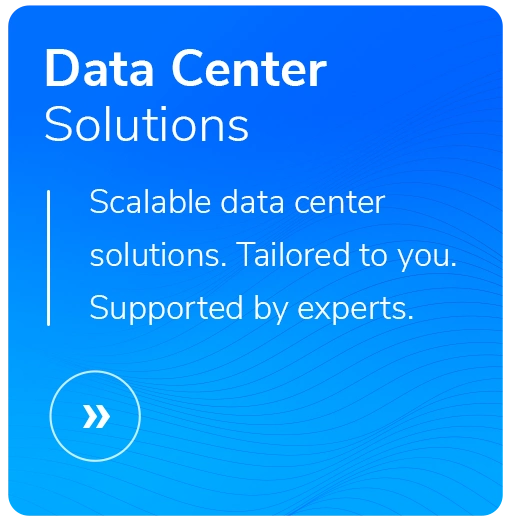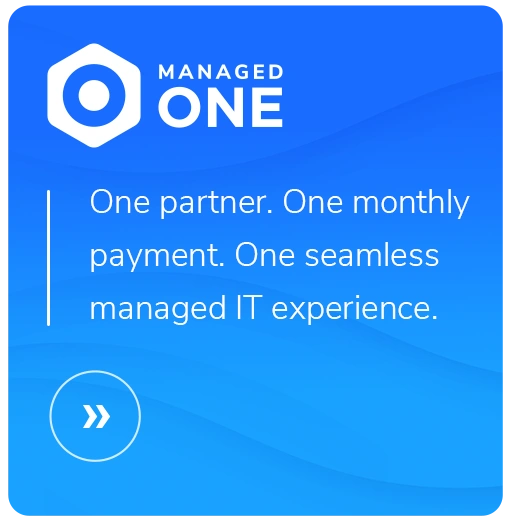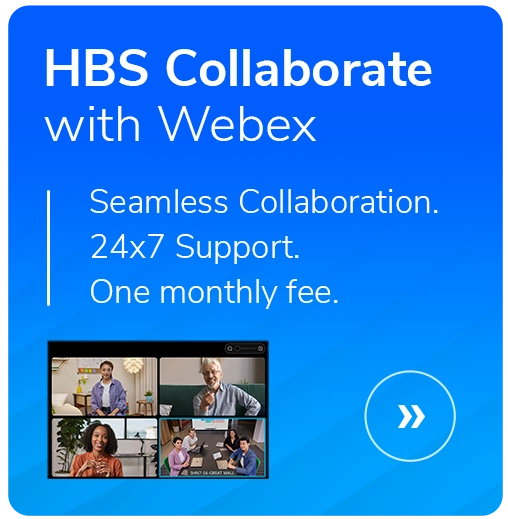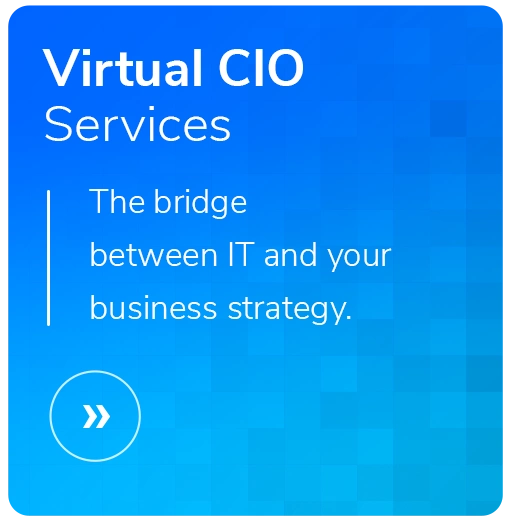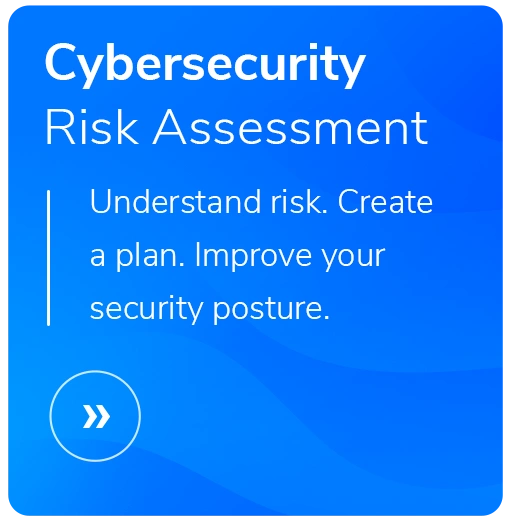Windows 2012 R2 End of Life: Act Now to Secure Your Systems
- Written by: Ryan Mosher
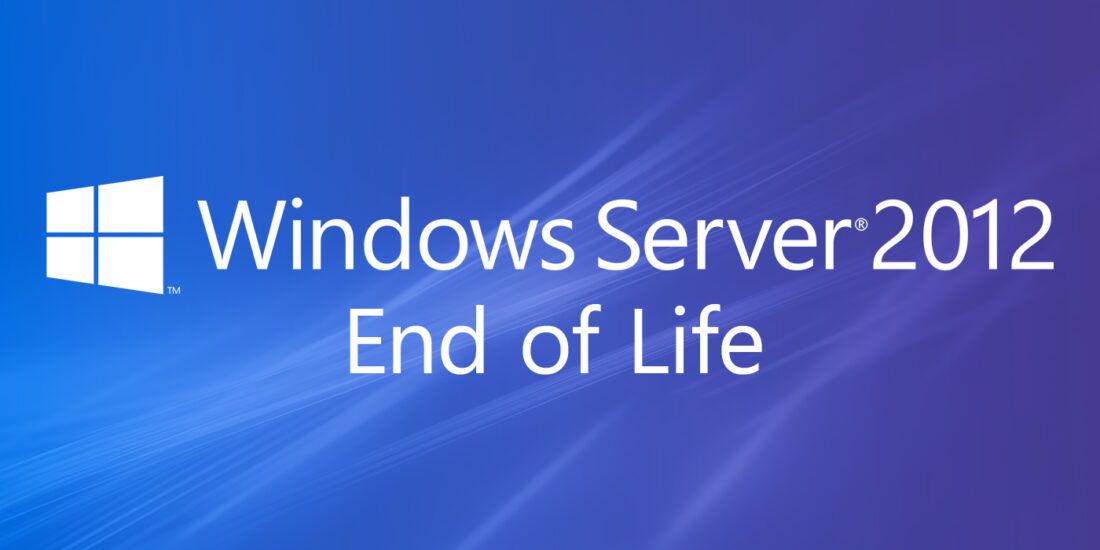
The Urgent Need to Address End of Support for Windows Server 2012, Windows Server 2012 R2, and SQL 2012
Many businesses have arrived at a critical juncture. Windows Server 2012 and Windows Server 2012 R2 reached end of support on October 10, 2023, and SQL Server 2012 met its end on July 12, 2023. Microsoft has ceased providing security updates, technical support, and other essential services for these products. If your business is one of the many who are still running on these servers, we want to make sure you have all the information you need on what this might mean for your business—and what options you have.
The Risks of Inaction
Ignoring the end of support for Windows Server 2012/2012R2 and SQL 2012 is not just a minor oversight; it is a significant risk. Without ongoing updates and support from Microsoft, systems become vulnerable to security threats, including ransomware, a major issue in today's digital landscape. Hackers love unsupported systems, often specifically targeting organizations running out-of-date software.
Not only are you opening yourself to an untold number of security threats, but many times cyber insurance will refuse to cover you if your obsolete server (e.g., Windows Server 2012/2012R2 and SQL 2012) is breached, leading to fines and potential lawsuits for falling out of compliance.
Further down the list of risks are performance and stability issues, as well as the inability to install new features or applications.
Your Options Explained
You have three primary options if you are still running one of the products no longer supported by Microsoft:
- Upgrade to a supported server version (Server 2016, Server 2019, Server 2022): The most obvious and simplest option—this will provide the smoothest transition for your organization.
- Migrate Virtual Machines to Azure: This option allows for continued security updates at no additional charge for three years, provided the VMs are moved to Azure. This option will incur monthly compute and storage costs.
- Stay On-Premises: For those preferring to keep their systems on-site, HBS can facilitate the purchase of Extended Security Updates (ESU) through a monthly Azure subscription or an annual CSP subscription.
It is important to note that to migrate your VMs to Azure, or to stay on premises and purchase ESUs, your server must meet one of the following prerequisites:
- Have an active Software Assurance (SA) plan (e.g., Open Value Agreement or CSP Software subscription)
- Have a Service Provider License Agreement (SPLA) that includes ESU licenses.
HBS can rent licenses to clients, offering flexibility and custom solutions. There are times when Microsoft's messaging can be confusing — we are here to clarify and simplify the best possible options for any organization.
Understanding ESUs
The Extended Security Update program is designed as a last resort measure for customers needing to run legacy Microsoft products beyond their support lifecycle. It includes critical security updates for up to three years after the end of extended support.
There are two ways to purchase ESUs:
- Monthly Azure subscription
Azure Arc for Windows Server gives you two licensing choices:- Pay based on the number of virtual cores (vCores) with an 8-core minimum for licensing.
- Pay based on the number of physical cores (pCores) with a 16-core minimum for licensing.
- Pricing for Azure Arc for SQL Server is based on vCores with a 4-core minimum.
- Annual CSP subscription
Like Azure Arc, pricing for on-premises ESU licenses can be based on either vCore or pCore you would like covered. The licenses must align with how you have licensed the underlying Windows Server environment. This includes the edition of Windows Server (Standard or Datacenter) and the number of cores.
How HBS Can Help
Transitioning from these legacy systems can be complex and costly, with many ancillary factors influencing the overall expense. However, inaction is not an option. The good news is you do not have to navigate this challenge alone. HBS is here to guide you through the process, offering tailored solutions that best fit your organization's needs.
Do not let your business be vulnerable to security threats or stability issues, potentially fall out of compliance, or be unable to install new features or applications. Contact HBS today to discuss your options and find the best path forward for your organization in this post-support era of Windows Server 2012/2012R2 and SQL Server 2012. Together, we can ensure your systems are secure, compliant, and optimized for your business needs.

